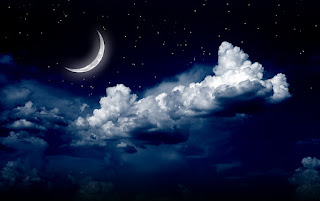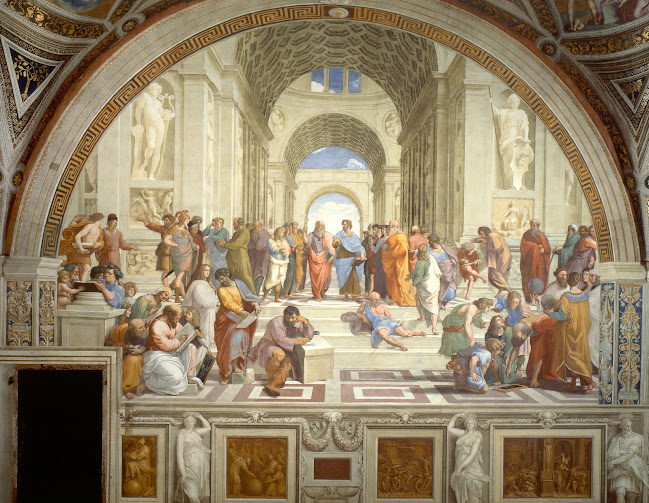The Abyss and Us
Nietzsche once warned, “He who fights with monsters should see to it that he does not become a monster. And if you gaze long enough into the abyss, the abyss will gaze back into you.” But the abyss isn’t out there, it’s inside us––quiet, patient, and always watching. It waits behind every choice we call justified, every mask we silently put on. All it takes is one lie whispered to ourselves: I’m different. I’m above consequence. I can handle it. Raskolnikov told himself that before he picked up the axe. He didn’t kill out of hate or for money. He did it to see if he could, thinking he could return to who he was. He never did. Because by the time the blood dries, the mask has already become your face. This is how Fyodor Dostoevsky’s 19th-century novel Crime and Punishment begins, not with a crime, but with a theory that consumes a man from the inside out. You don’t need to read all 700 pages of the book to feel the weight of its questions, because at its heart, it’s a story about some...




